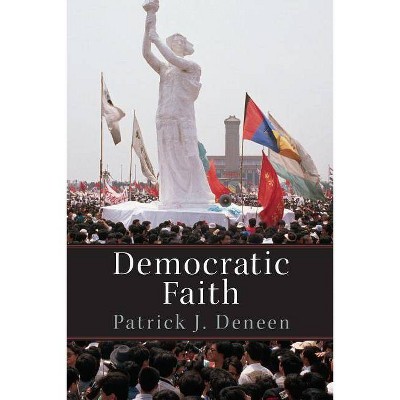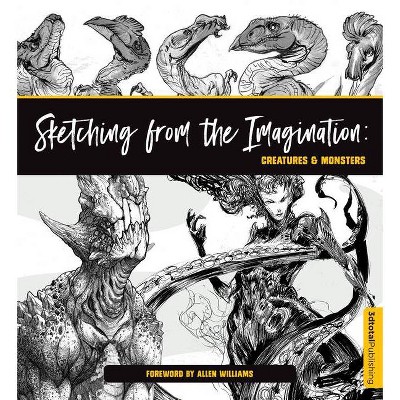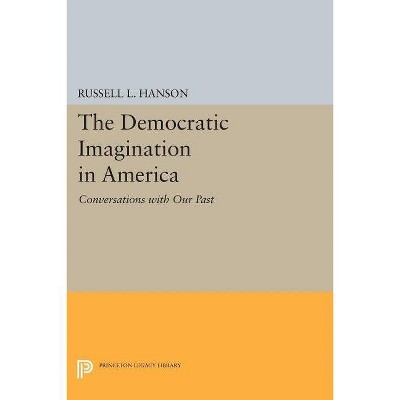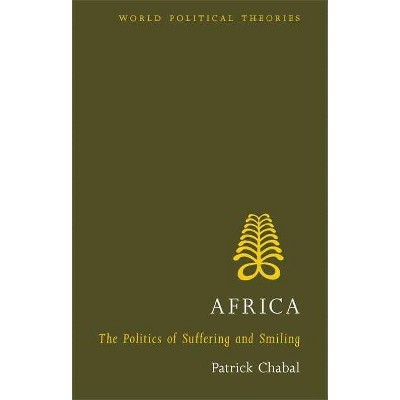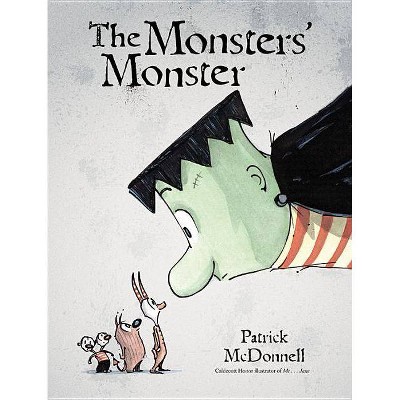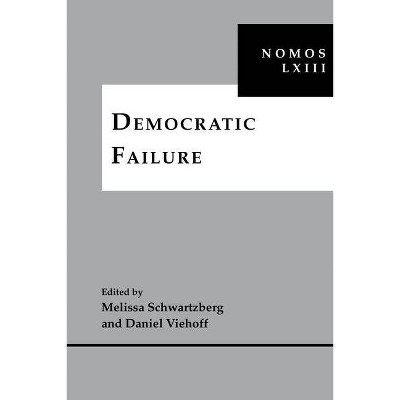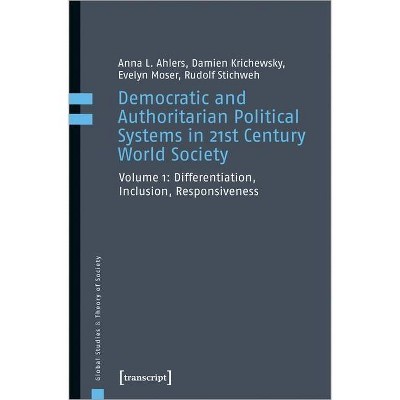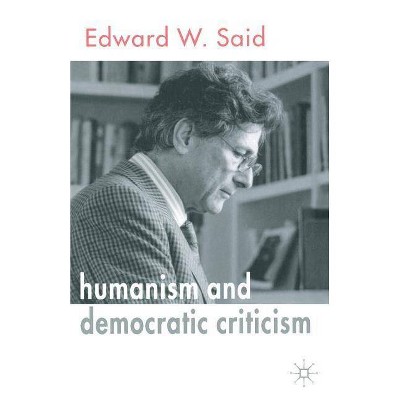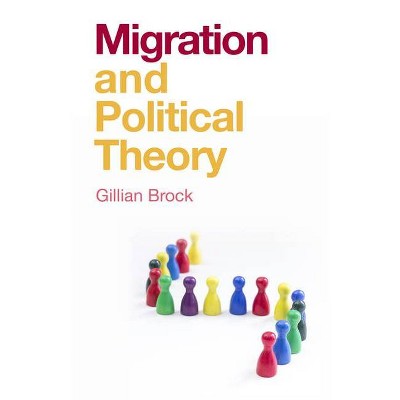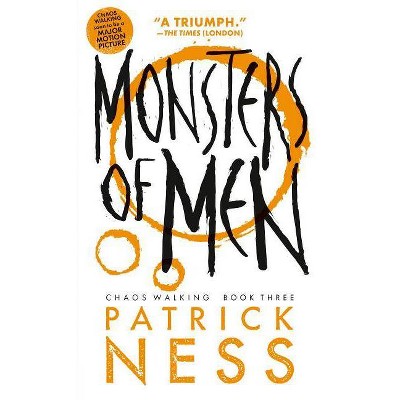Political Monsters and Democratic Imagination - by Patrick McGee (Paperback)
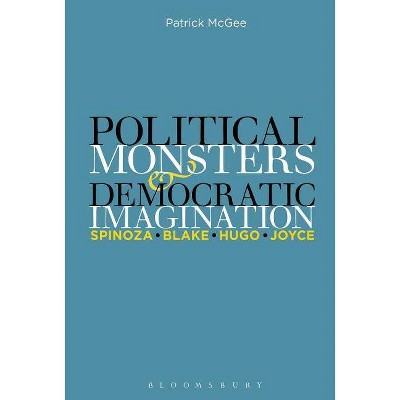
Similar Products
Products of same category from the store
AllProduct info
<p/><br></br><p><b> Book Synopsis </b></p></br></br><i>Political Monsters and Democratic Imagination</i> explores the democratic thought of Spinoza and its relation to the thought of William Blake, Victor Hugo, and James Joyce. As a group, these visionaries articulate: a concept of power founded not on strength or might but on social cooperation; a principle of equality based not on the identity of individuals with one another but on the difference between any individual and the intellectual power of society as a whole; an understanding of thought as a process that operates between rather than within individuals; and a theory of infinite truth, something individuals only partially glimpse from their particular cultural situations. For Blake, God is the constellation of individual human beings, whose collective imagination produces revolutionary change. In Hugo's novel, Jean Valjean learns that the greatest truth about humanity lies in the sewer or among the lowest forms of social existence. For Joyce, Leopold and Molly Bloom are everybody and nobody, singular beings whose creative power and truth is beyond categories and social hierarchies.<p/><br></br><p><b> Review Quotes </b></p></br></br><br>'There is no such thing as a conservative thought.' Thus opens this brilliant, pathbreaking work, one of the very first to grasp the full significance of Spinoza's 'democratic ontology' for western literature. Spinoza has returned in force in recent years, as the rebel philosopher who inspired Deleuze, much post-Marxist critique, and, not least, the 'New Materialists' and the most exciting of the new environmental criticism. Here Patrick McGee, who ever since his first book <i>Paperspace</i> has always proven himself an original thinker, ambitiously reads Spinoza through the lens of Negri and Badiou. He then offers brilliant new interpretations of visionary epics by Blake, Hugo and Joyce as Spinozists for whom thought, change and matter are almost one. McGee limns in a new way how these writers can champion democratic change. Clear, well-argued, profound: this is an exciting thought-experiment, a book to shift the debates on literature's power.<br/>Enda Duffy, Professor of English, University of California Santa Barbara, USA<br><br>Reading a really fine critical study should be a process of having your expectations dashed ... Patrick McGee's <i>Political Monsters </i>displaced a number of my deeply-rooted beliefs, and the book is of such scope and intellectual power that it competes with the highest level of criticism ... An astonishing accomplishment.<br/>James Joyce Literary Supplement<br><br>This is a wonderfully wide-ranging book, as the title suggests ... McGee [provides] astonishing perceptions about Blake's poem and his images. This is true of the Hugo and Joyce chapters, too. This book defies categories and would not seem to fit into a specific course of study, until you realize that it offers a course of study all its own. I would happily sit with a group of graduate students, or indeed advanced undergraduates, and work through these ideas. The results might very well be life-changing.<br/>Studies in English Literature 1500-1900<br><p/><br></br><p><b> About the Author </b></p></br></br><b>Patrick McGee</b> is Professor Emeritus of English at Louisiana State University, USA. He currently lives in Seattle, Washington, where he continues his research and writing. He is the author of eight books, including <i>Cinema, Theory and Political Responsibility in Contemporary Culture </i>(1997), <i>Joyce beyond Marx: History and Desire in "Ulysses" and "Finnegans Wake" </i>(2001), and <i>Theory and the Common from Marx to Badiou </i>(2009).
Price History
Price Archive shows prices from various stores, lets you see history and find the cheapest. There is no actual sale on the website. For all support, inquiry and suggestion messages communication@pricearchive.us
